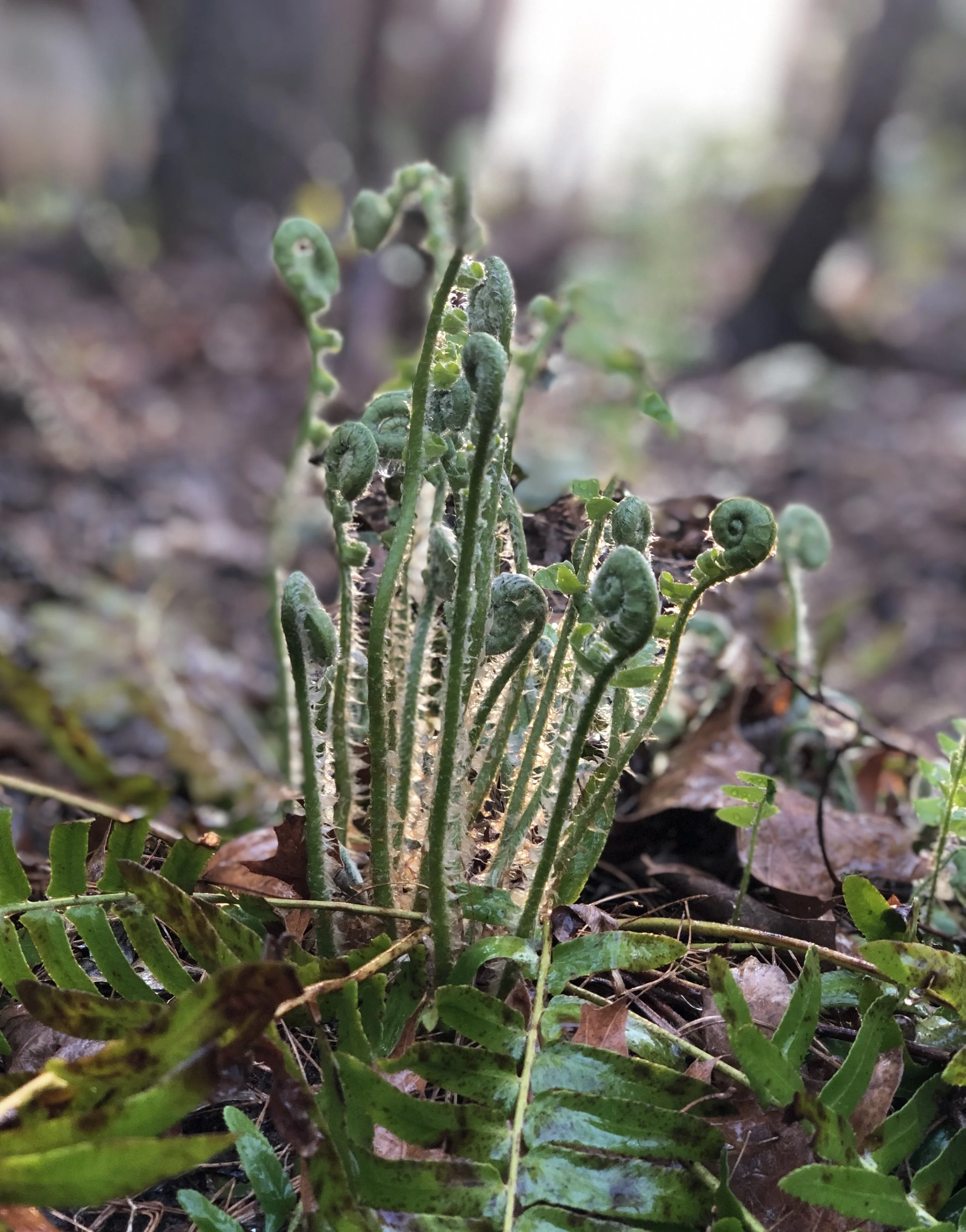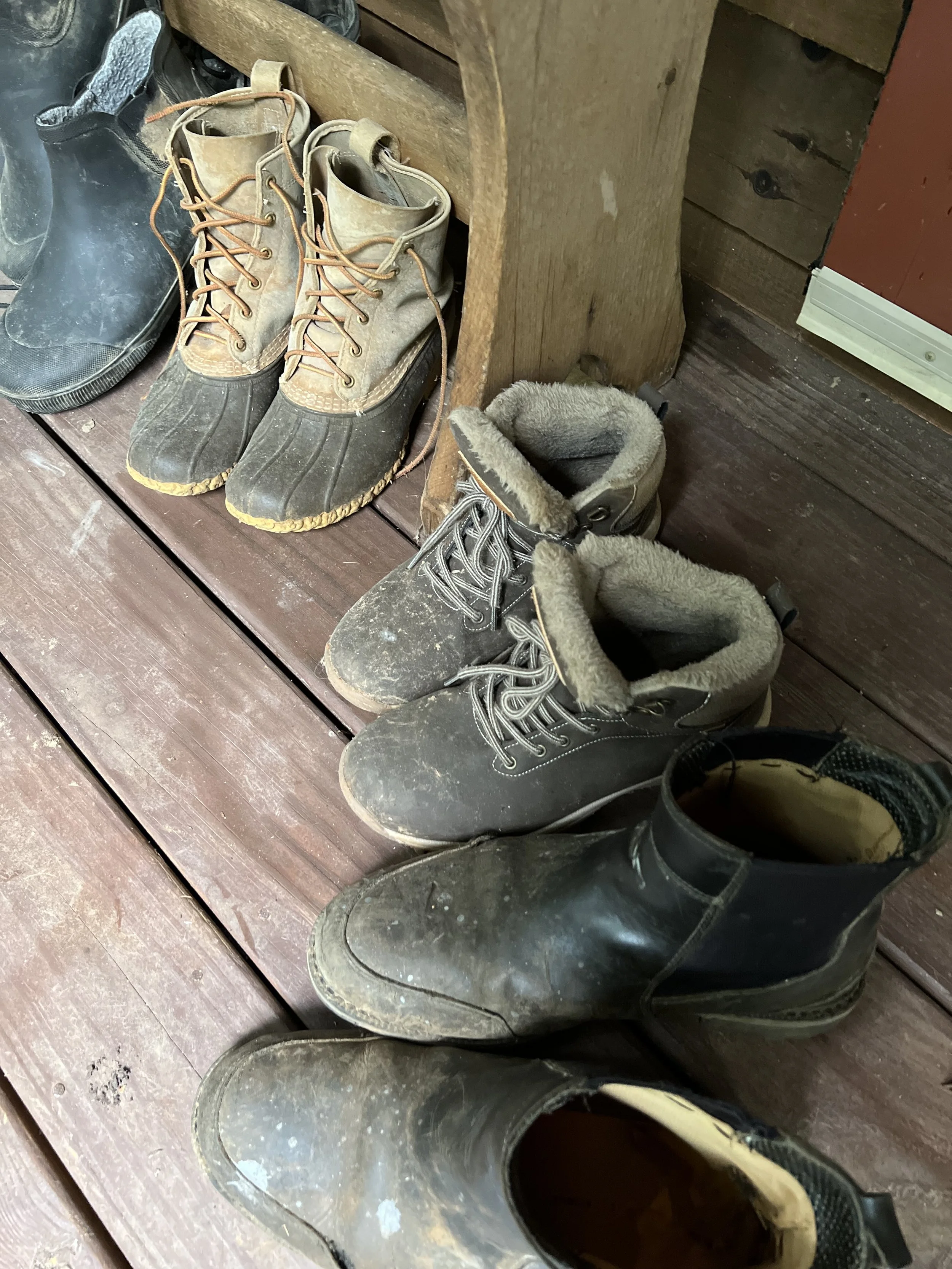Decluttering your mind
One of the greatest benefits I have realized personally at Taliama is casually hiking through the forest. Being atuned to nature, and listening, all help me achieve mental clarity. I feel liberated once I declutter my mind. So we have engaged certified Forest Therapy guides to conduct Wellness Walks, for you, all with intent to help you do just that.
I started a disciplined daily meditation practice three years ago. I use the Waking Up app by Sam Harris and it’s helped me immensely. But I’m no expert at decluttering my mind, I continue to work on it, daily. Included here are more expert ideas from The Chopra Center in California. I’ve added a Taliama footnote when it seemed relevant. Time at Taliama has had profound, positive affects on my mental clarity. My hope is that you realize the positive, elevated, even spiritual, simplicity that the forest provides.
The Choprah Center states: Clutter doesn’t have to be just physical items in your environment.
A cluttered mind can include:
Ruminating
Focusing on the negative
Worrying about things outside of your control
Holding onto negative emotions and experiences, including resentment, past hurt, anger, and sadness
Keeping a mental to-do list, including incomplete dreams and goals
Having external distractions and constant sensory input
When your mind is cluttered, it wastes your time and mental energy. It also creates mental confusion, distraction, and disorganization that prevents you from creating clear priorities, making decisions, having focus, and being productive. When your mind is cluttered, you are not present, which causes you to lose connection to yourself, your environment, your relationships, and the moment you are in.
It’s time to let go of the mental habits that are keeping you from reaching your full potential. In order to build mental muscles and declutter your mind, you need to become intentional about where you place your attention and how you spend your time and energy. Only then can you unravel unhealthy thinking patterns that are keeping you stuck and your mind cluttered.
Here are several tips to help you clean and declutter your mind.
1. Get Some Sleep
Sleep has numerous benefits including helping with your mental state. If you are not getting enough sleep, the most common effect is sleepiness, of course, but also brain “fog”— the general inability to think straight or remember anything. Sleep deprivation disrupts your brain cells’ ability to communicate with each other, leading to temporary mental lapses. If you want to start decluttering your mind start by getting restful sleep.
Note: At Taliama, I sleep like a baby. I think the combination of fresh mountain air and immersive time in nature rests my mind and allows me to sleep better. There seems to be fewer distractions.
2. Meditate
It’s difficult to declutter your mind if you don’t make the time to meditate on what is actually keeping you stuck. By committing to a practice of meditation, you’ll take your mind to a place where clarity is natural and effortless. When you meditate, you’ll help reduce confusion by getting clear on your priorities, and you’ll get better at focusing your attention and reducing distraction. Practice meditiaion and build it into your daily routine to help you declutter your mind.
Note: I have found there is no better place to mediate than at one of the waterfalls or meditation zones. There, mediation feels like a given. Honestly, that’s what Taliama stands for.
3. Journal
If simply listing your thoughts, feelings, etc., down doesn’t quite stop you from ruminating, you have other options. For example, if you are trying to problem-solve an issue and don’t have the mental space to do so, or you haven’t quite fully explored yourself and your personal beliefs and need space to do that — the next step is to journal. Journaling is an exploratory form of writing and is a great way for you to ponder important things so you can come to a solution.
Journaling can also be therapeutic. It helps you organize your thoughts and understand your emotions, which is a healthy practice for your overall well-being.
Note: There’s hardly a better place anywhere to journal than creekside at Taliama.
4. Challenge Negativity
Negativity can be debilitating and take up a lot of room in your mind. Feeling sad and disappointed is healthy, but toxic self-talk magnifies your misfortune, skewing your perceptions of reality.
The first thing to do is to become aware of how you talk to yourself. What are you saying in your mind about yourself? Be on the lookout for red flags, such as victimizing thoughts (“Poor me” type of thinking). If you notice that the thoughts in your head or the words on your paper after your journaling exercise are toxic self-talk, it’s time to change your mindset.
To change your mindset, you need to start challenging yourself. Is the thought accurate or is it distorted? Each time you prove to yourself that the negative self-talk is incorrect, your mind will start to replace the negative thoughts with positive ones. And when that happens, your mind will shift from feeling heavy, cluttered, and chaotic (negativity) to lighter and free (positivity).
A part of challenging yourself is to start gaining more positive experiences. Practice gratitude and compassion by doing something to make your life or someone else’s life a little bit better. When you catch yourself thinking negatively, do something that helps you or someone else. That way, the next time you experience negative self-talk, you can acknowledge that your brain isn’t always right.
5. Schedule Time to Worry
We all worry; it’s natural to have fears and concerns. Where you can get into trouble is letting our worries consume our minds. Rehashing the same things over and over in your mind — such as second-guessing your decisions and coming up with an endless list of hypothetical situations — won’t help you.
To avoid spinning your mental wheels, schedule time — maybe 15 minutes a week or a day — to worry and ruminate. During that time, don’t hold back; let it all out. When you start to worry between your scheduled worry times, remind yourself that you set aside time and then let those worries go. By confining your worries to a scheduled time, you don’t allow them to take over your mind and life.
6. Confide In a Loved One
If you’re feeling mentally overloaded, try sharing the burden with a loved one. Whether it be your spouse, a friend, a family member, a therapist sharing what’s on your mind with someone can be helpful. Unloading your thoughts and feelings can help you gain perspective and clarity, break the cycle of ruminating, and lighten the burden of carrying everything in your head.
Note: The conversations I’ve had around the campfire have been subtle and profound. It’s easier to share challenges with loved ones and even new friends in the Taliama environment. I’ve heard this many times from others.
7. Declutter Your Environment
If your environment — whether it be your home or office — is cluttered, the chaos constantly competes for your attention and restricts your ability to mentally focus and process information. Whether you realize it or not, having clutter in your surroundings occupies a part of your mind and blocks your ability to think and act clearly. If you want to improve your mental state, you need to organize and clear out physical clutter.
Note: The essence of cabin life is to life simply. We try to keep physical clutter to a minimum so we can enjoy the forest without the noise of more stuff.
8. Enjoy Time in Nature
Being in nature is associated with mental health benefits, including decreasing anxiety and depression. In a lot of ways, nature restores, refreshes, and invigorates you and your mental energy. Next time your mind feels heavy, take a stroll outside to clear your head.
Note: Precisely this. Throughout Taliama. Forever.
9. Limit Your Social Media Intake
Your brain is bombarded with sensory information all day, every day. Being on social media constantly adds brain clutter and can even affect your mental health by increasing depression and lonlinesss. Monitor your usage on social media platforms, and if you start to notice your mind getting cluttered by thoughts and feelings from triggering posts, it is time to take a break.
Note: One of the beauties at Taliama, you can enjoy a spectrum from super sanctuary (being alone) and super social (being with others). You determine your intake. Read a book in your cabin, then walk down to the Hollow to share a potluck cookout with new and old friends.
10. Exercise
We all know exercise is good for your overall well-being, including your body and your mind. Regular exercise can help you concentrate and feel mentally sharp for tasks at hand.
Note: Nothing better than an easy hike through the forest. Make a fire. Forage for mushrooms. Observe the wilderness. Volunteer on a building project.
11. Take a Break!
Last but not least, everyone needs some space to unwind. It doesn’t have to be a week-long vacation, although that is very helpful, but sometimes spending 15 minutes with your feet up or doing something that makes you happy is all you need to hit the reset button.
Note: Simply come visit and stay awhile. Try a Wellness Walk and experience these first hand.
Let these tips help you to declutter your mind. Remember that the goal isn’t to “empty” your mind—removing every thought, feeling, idea, dream, etc., would be impossible. Instead, it is to help you simplify your life and build new mental habits that increase your productivity, clarity, awareness, organization, and well-being. Next time life throws you a curveball, you’ll have the space and tools to flex your mental muscles.







